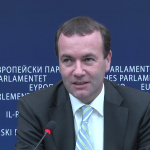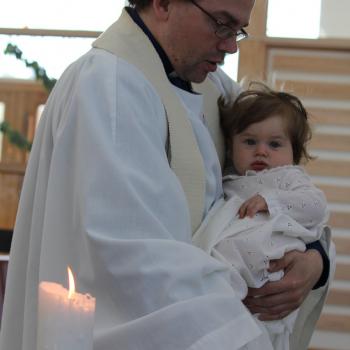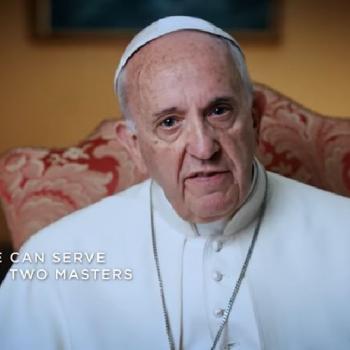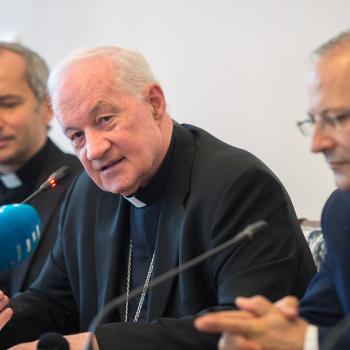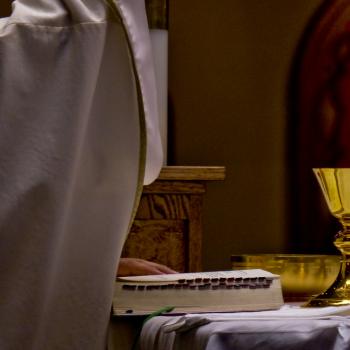In an historic gesture that promises to alter the course of the venerable French tradition of laïcité, French President Emmanuel Macron called April 9 for a “dialog of truth” between the State and the Church. Speaking at a meeting with the bishops of the country, Macron affirmed his conviction that just as “a Church feigning indifference to temporal questions would not fulfil its vocation”, so “a President of the Republic who claimed to be uninterested in the Church and Catholics would fail in his duty”.
“We intuitively share the feeling that the bond between the Church and State has been damaged, and that both you and I need to repair it”, Macron told French Bishops’ President Georges Pontier Monday night in the historic Collège des Bernardins in Paris. Damage – or “mutual misunderstandings and mistrust” – that have been the fruits of years of politicians betraying the French faithful. “It does not seem to me healthy or good that politicians have been so devoutly involved in either exploiting them or ignoring them”, continued Macron, with reference to Catholics’ relationships with their elected representatives – and that much when the Church’s role in modern France is to once again become the “salt” or the “sap” it has always been in the country’s history.
An invitation to a “realistic humanism”
“I consider that secularism certainly does not have the function of denying the spiritual in the name of the temporal, nor of uprooting from our societies the sacred part that nourishes so many of our fellow citizens”, said Macron, before setting out his understanding of how the “dialog of truth” he envisions between Church and State has and might play out in the future on two of France’s hottest talking points at the moment: migrants and bioethics.
Macron explained that the goal of his government in both of these areas is the prudent “conciliation of law and humanity”, or the achievement of a “realistic humanism”. “Certain principles enunciated by the Church are confronted with contradictory and complex realities faced by Catholic themselves”, observed the president, clarifying that in the face of this reality the task of both Church and State is to “put their hands in the clay of the real” and “reconcile principles with reality”. To accept compromises that are often “hard, complicated, demanding and imperfect”. On migrants, the challenge is to balance “the human need of welcome” with “the political and legal need to integrate”. And on bioethics – on issues such as greater access to euthanasia or assisted reproduction, specifically – to balance society’s openness to the infinite horizons promised by scientific progress with the Church’s insistence that technological advancement always be grounded in a human foundation.
“The voice of the Church, we know deep down, cannot be injunctive”, affirmed the French President. That is, it can propose but not impose, “because it is the voice of those who knead the temporal”, who give shape to timeless principles in the clay of the present. Hence the necessity for a “dialog of truth”. On issues such as migrants and bioethics, because of “ethical tensions” deeply embedded between “our ideals and the real”, Church and State are always “brought back to a deep humility in our condition”: that is, to a reminder of the difference between the eternal and the temporal spheres over which both preside.

